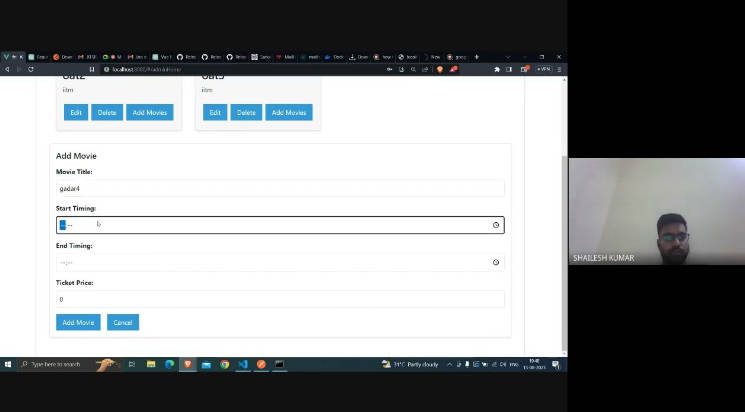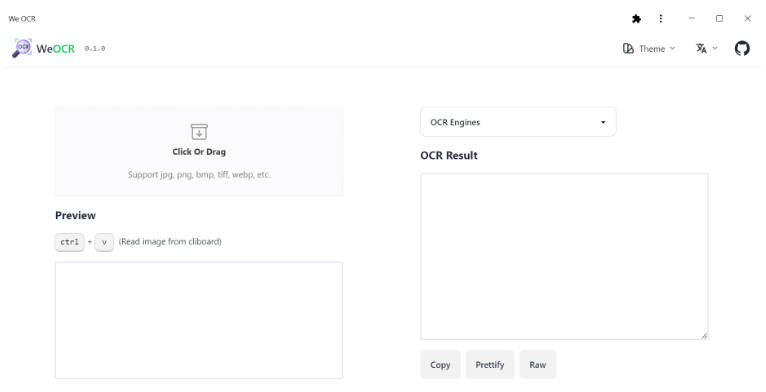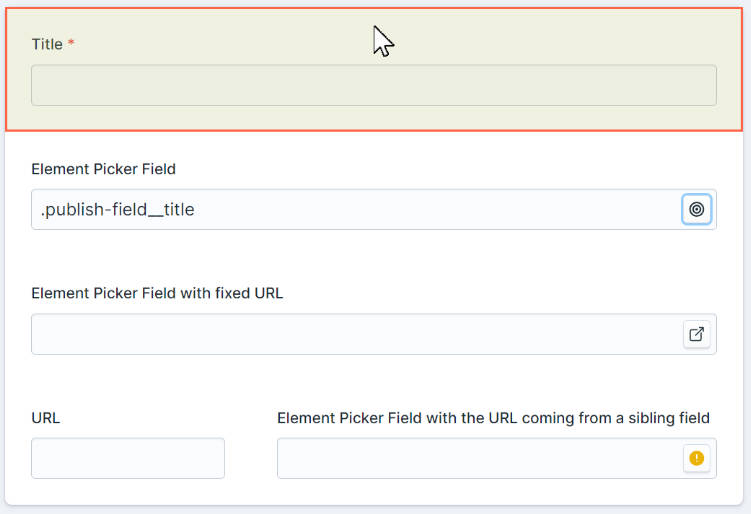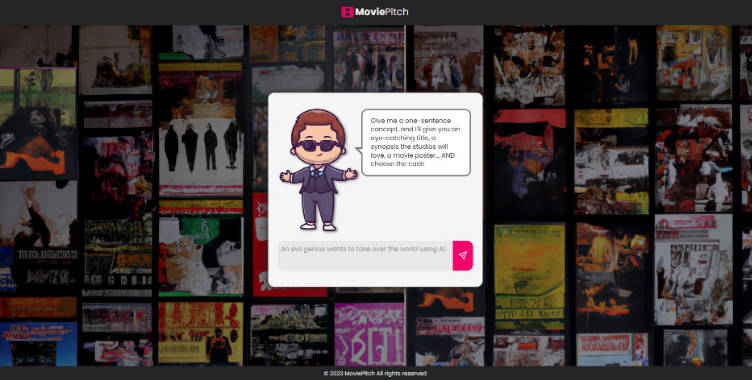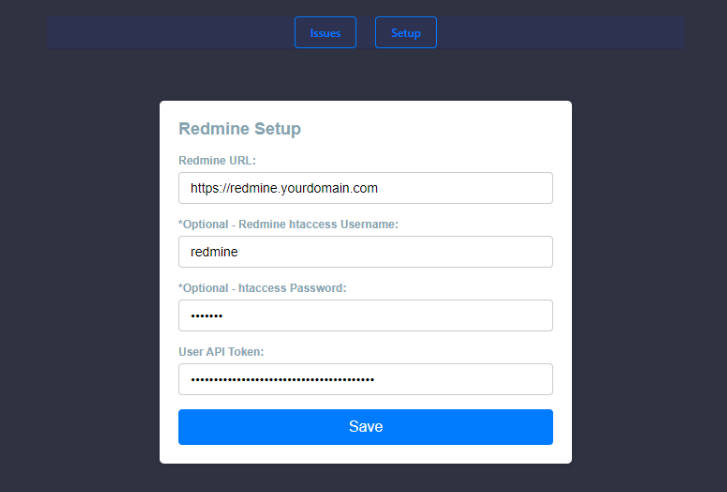Movie-Ticket
- This project involves building a Vue.js web application for managing venues, and movies.
- The application has two user roles: administrators and users.
- Admin can add, edit, and delete venue details and movies through modals.
- Users can view and book venues and movies.
- Admin and Users can search venue or movie name using search box.
Steps to run my project
- Create a virtual environment
python3 -m venv envand then activate itvenv/scripts/activateorvenv/bin/activate. - Install requirements.txt file
pip install -r requirements.txt. - run backend
python3 app.py - run frontend
npm run serveNote: move to exact frontend directory with venv activated - run celery workers
celery -A workers.celery worker -l info - run celery beats
celery -A workers.celery beat --max-interval 1 -l info
Frameworks used
- Flask for API
- VueJS for UI
- Jinja2 templates
- Bootstrap
- SQLite for database
- Redis for caching
- Redis and Celery for batch jobs
- Scheduled Job – Daily reminders on Google Chat using webhook or Email
- Scheduled Job – Monthly Entertainment Report
- User Triggered Async Job – Export as CSV
- Flask-Caching
- Added caching wherever required to increase the performance
- Added cache expiry
- API Performance also improved
Technologies used
- Vue.js: A JavaScript framework for building user interfaces. It allows for creating dynamic and responsive web applications with its component-based architecture.
- BootstrapVue: A library that integrates Bootstrap components with Vue.js, providing a convenient way to create visually appealing and responsive user interfaces.
- Vuex: A state management pattern and library for Vue.js applications. It centralizes and manages the state of the application, making it easier to share data between components.
- Vue Router: A routing library for Vue.js applications. It enables navigation between different views and components in a single-page application.
- Axios: A popular HTTP client for making asynchronous HTTP requests. It’s used to communicate with the backend API to fetch and send data.
- Flask: A lightweight and flexible Python web framework. It’s used to build the backend API that handles data storage, retrieval, and manipulation.
- Flask-RESTful: An extension for Flask that simplifies the creation of RESTful APIs. It helps in defining API resources and their endpoints.
- Flask-CORS: An extension for handling Cross-Origin Resource Sharing (CORS) in Flask applications. It allows the frontend to make requests to the backend from a different domain.
- SQLAlchemy: A powerful SQL toolkit and Object-Relational Mapping (ORM) library for Python. It’s used to interact with the database and manage database operations.
- SQLite: A lightweight, serverless, and self-contained database engine. It’s used as the database system to store and manage application data.
- JWT (JSON Web Tokens): A compact and self-contained way for securely transmitting information between parties as a JSON object. It’s used for user authentication and authorization.
- Python: The programming language used for developing the Flask backend and handling server-side logic.
